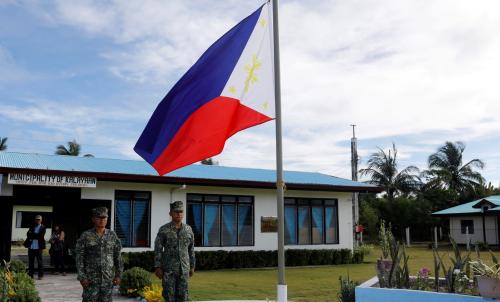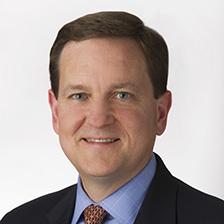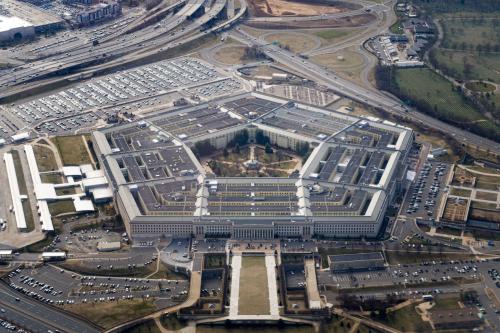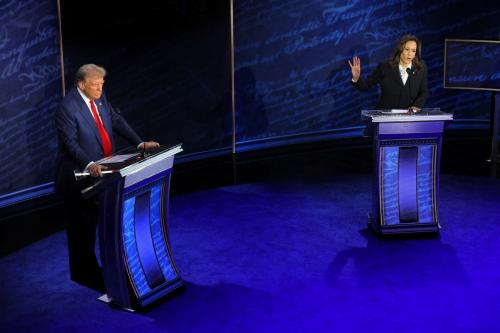

10:30 am EST - 12:00 pm EST
Past Event
10:30 am - 12:00 pm EST
1775 Massachusetts Avenue N.W.
Washington, DC
20036
The exact contours of the incoming Trump administration’s Asia policy and its implications for U.S.-Japan relations are still uncertain. During the campaign, then-candidate Donald Trump displayed a more transactional view toward alliances and skepticism toward economic multilateralism, hinting at a marked departure from bipartisan parameters of U.S. policy toward East Asia. A redefinition of U.S. Asia policy will bring adjustments in U.S.-Japan relations, which must also take into account China’s growing economic and geopolitical influence, the intensification of the North Korean nuclear threat amidst South Korea’s domestic political crisis, and evolving territorial issues in the region.
On December 14, the Center for East Asia Policy Studies will host a panel of Japan and East Asia policy experts for a discussion on priority areas for U.S.-Japan relations in the next administration. Panelists will address not only the future of the alliance and the economic agenda after the announced U.S. withdrawal from the Trans-Pacific Partnership but also the larger set of regional issues both allies face regarding China policy, nuclear proliferation, and Russo-Japanese relations.
Moderator

Panelist




Lynn Kuok
September 16, 2024

Michael E. O’Hanlon
September 12, 2024

William A. Galston, Elaine Kamarck
September 11, 2024